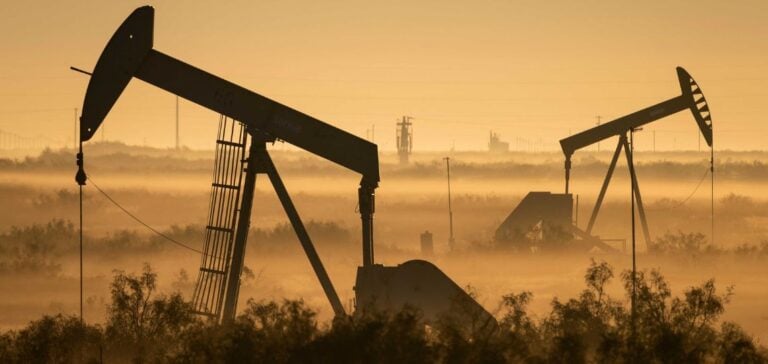“The appetite for transport, particularly air travel, should continue to support global demand for black gold in 2024,”OPEC said on Thursday in its monthly oil report. The world is expected to consume “104.5 million barrels of oil per day (mb/d) on average in 2024, then 106.3 mb/d in 2025 after 102.2 mb/d in 2023,” according to OPEC’s monthly projections.
Regional contribution to oil demand
Robust” global demand for black gold will be “driven by non-OECD regions”, led by China, which is expected to consume a total of “16.90 million barrels of oil per day in 2024”, followed by India with “5.57 mb/d”. The Middle East is expected to produce “8.93 million barrels of oil per day”, and Russia “3.94 mb/d (compared with 3.84 in 2023)”.
Influence of transport and petrochemicals
Oil consumption requirements will be “sustained by strong demand for air transport” and the “good health” of road transport. “Similarly, additional capacity and margins linked to petrochemicals, particularly in China and the Middle East, should contribute to growth in oil demand,” the report states.
Uncertainty factors and precautions
The organization points out, however, that its forecasts remain “subject to numerous uncertainties, including global economic developments”. This warning underlines the potential volatility of the markets and the impact that global economic changes could have on these predictions.
Thus, the OPEC report highlights growing demand for oil, driven by key sectors and growth in non-OECD regions, while noting the importance of remaining attentive to global economic fluctuations.






















